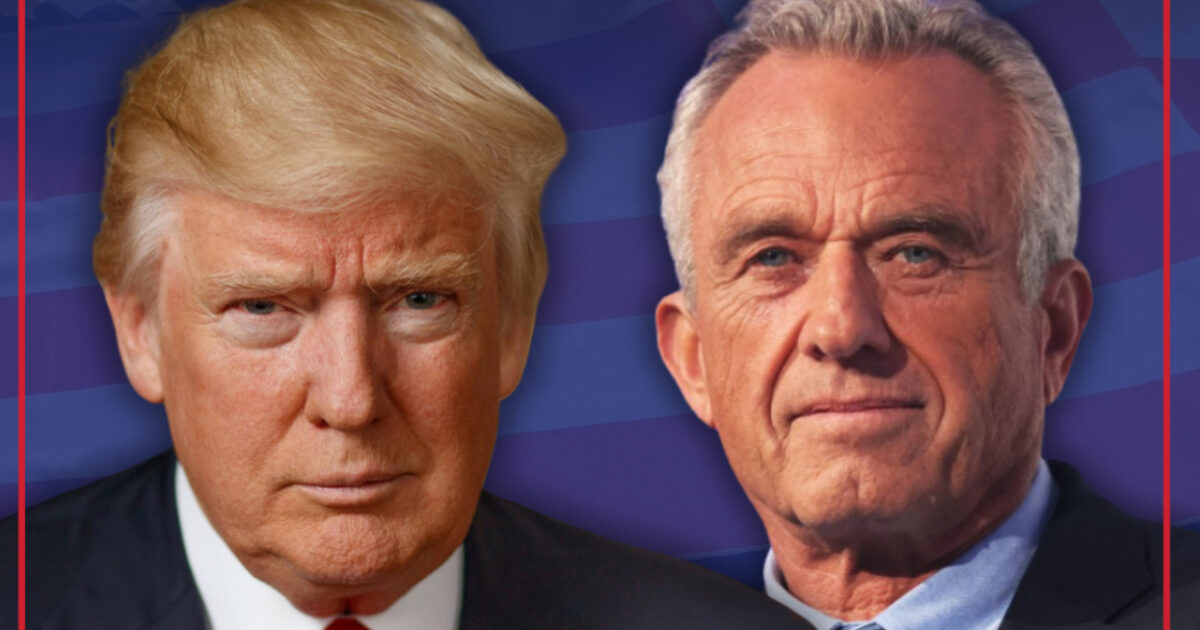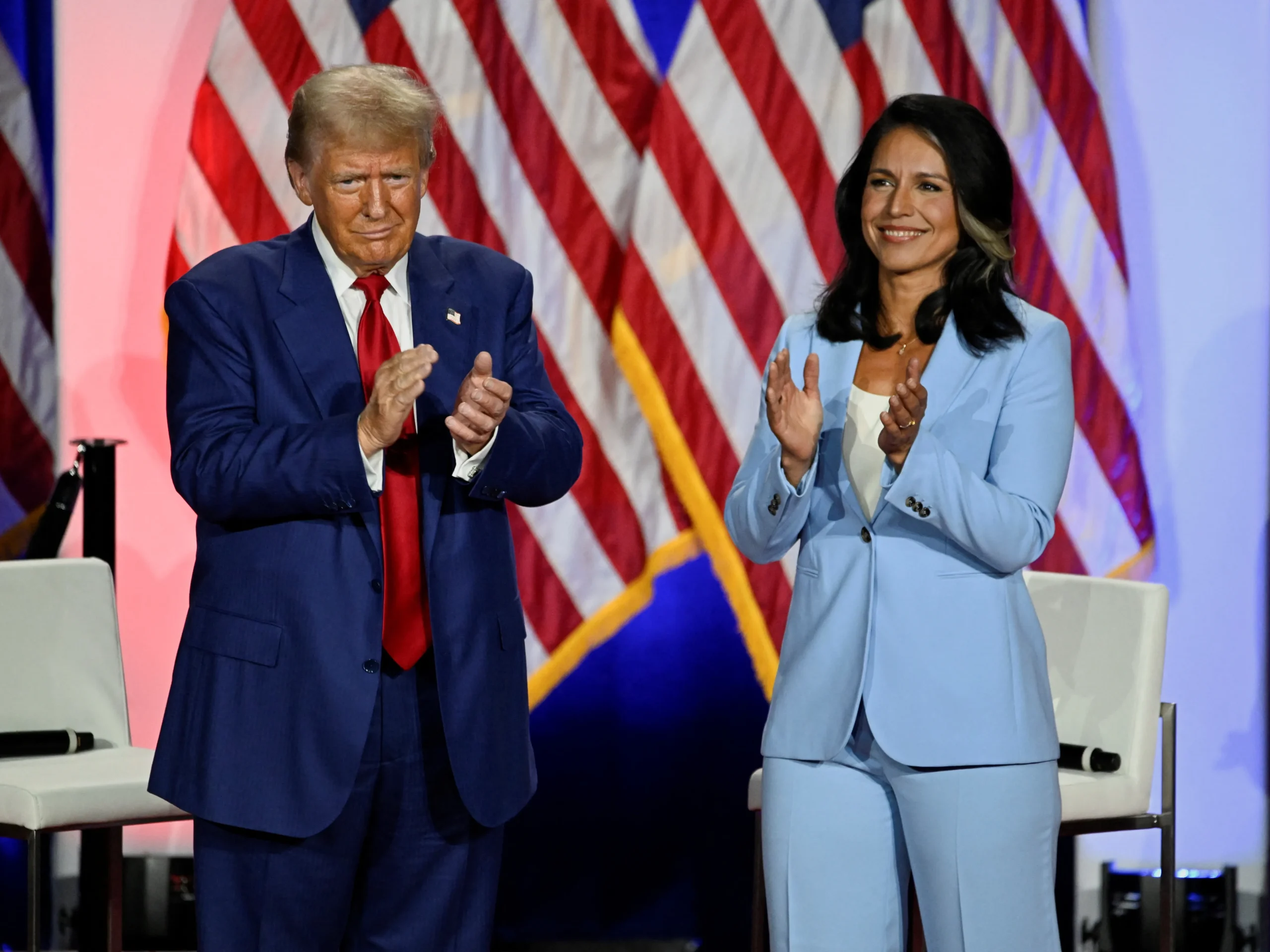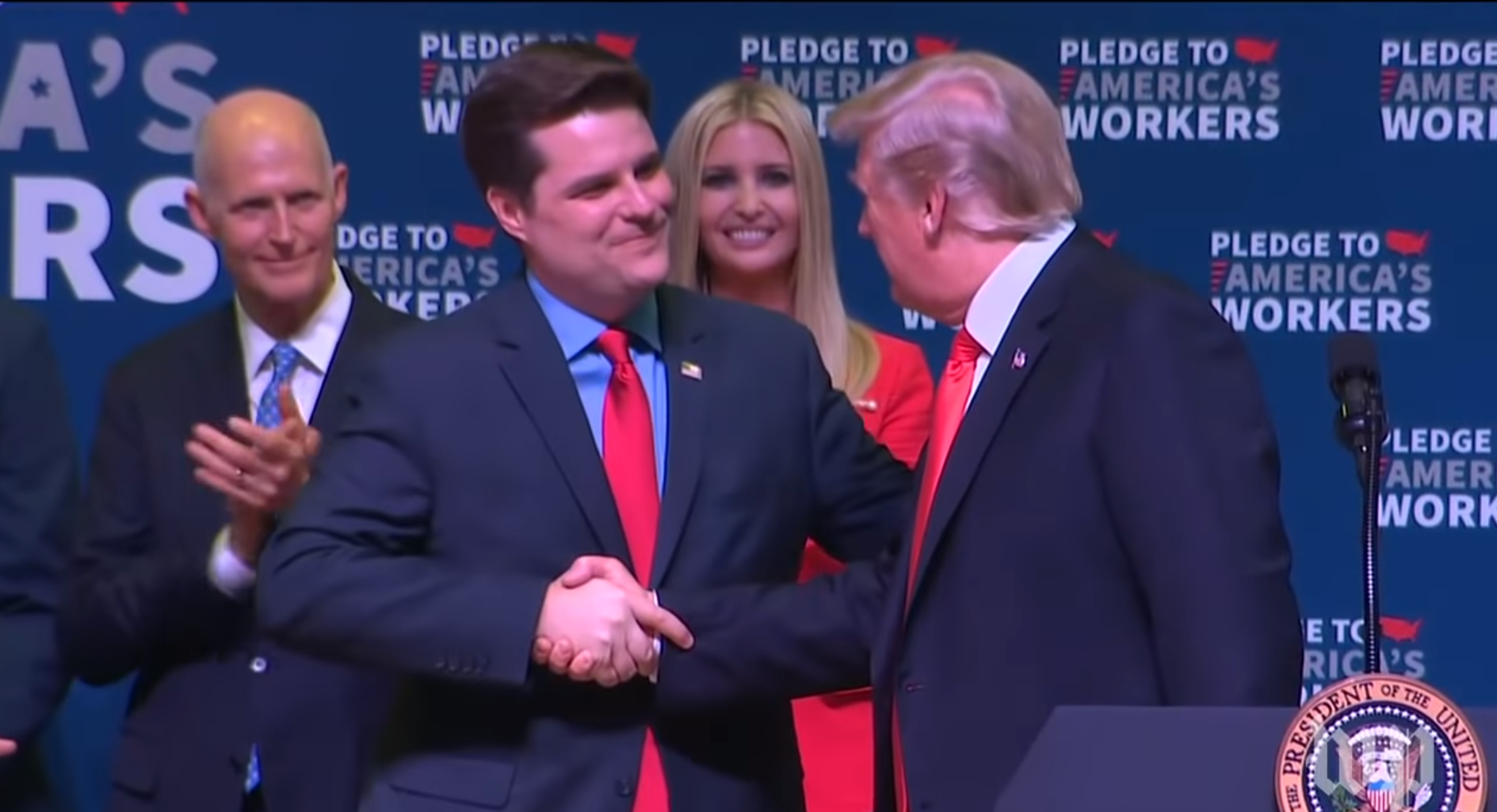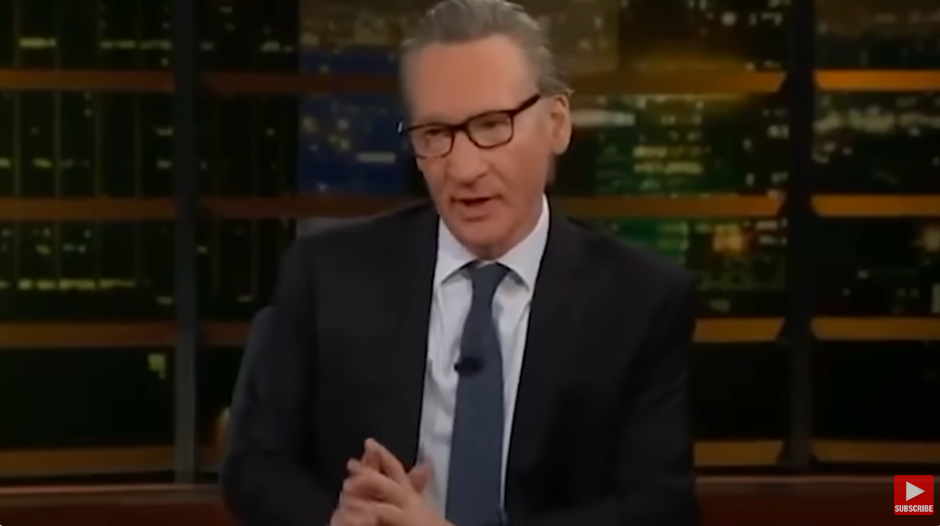In a bold and surprising move, former President Donald Trump has announced Robert F. Kennedy Jr. as his choice to lead the Department of Health and Human Services (HHS). Known for his outspoken stance on public health and vaccine safety, Kennedy has often been a voice against bureaucratic overreach in the health sector.
In a post on X, President Trump confirmed the reporting and announced RFK Jr. as his choice to run the Health and Human Services Department.
“I am thrilled to announce Robert F. Kennedy Jr. as The United States Secretary of Health and Human Services (HHS). For too long, Americans have been crushed by the industrial food complex and drug companies who have engaged in deception, misinformation, and disinformation when it comes to Public Health. The Safety and Health of all Americans is the most important role of any Administration, and HHS will play a big role in helping ensure that everybody will be protected from harmful chemicals, pollutants, pesticides, pharmaceutical products, and food additives that have contributed to the overwhelming Health Crisis in this Country. Mr. Kennedy will restore these Agencies to the traditions of Gold Standard Scientific Research, and beacons of Transparency, to end the Chronic Disease epidemic, and to Make America Great and Healthy Again!”
I am thrilled to announce Robert F. Kennedy Jr. as The United States Secretary of Health and Human Services (HHS). For too long, Americans have been crushed by the industrial food complex and drug companies who have engaged in deception, misinformation, and disinformation when it…
— Donald J. Trump (@realDonaldTrump) November 14, 2024
With a legacy rooted in political advocacy, he has taken a critical view of major pharmaceutical companies and has championed individual health rights. The appointment signals Trump’s intent to shake up the health system and address widespread dissatisfaction with federal health agencies.
Trump’s nomination of Kennedy is seen as a strategic move that could reshape the HHS’s approach to health policy, particularly after the agency faced criticism during the COVID-19 pandemic. By appointing a figure whose views are considered unorthodox by the political establishment, Trump appears to be tapping into Americans’ frustration with what they see as a government more beholden to Big Pharma than to the public.
Sources close to Trump’s campaign suggest that he selected Kennedy because of his dedication to transparency and his commitment to challenging the status quo within the federal health bureaucracy.
Trending: Top Immunity Support For The Times
Your immune system can be weakened by poor diet, lack of sleep, and countless other environmental factors. Explore how our products may help support your body’s natural defenses.
An Unlikely Partnership with a Shared Vision
Though Kennedy comes from a Democratic family with a prominent political lineage, his views on health have resonated strongly with conservative and independent voters alike. Known for his skepticism regarding certain government health policies and his criticism of vaccine mandates, Kennedy aligns with Trump’s vision of protecting personal liberties and reducing government influence in healthcare.
His public stance on vaccine policies drew support from citizens who felt government mandates infringed on personal freedoms, a sentiment that has only grown stronger since the pandemic. This unusual pairing underscores Trump’s willingness to reach across traditional party lines to prioritize a shared commitment to healthcare reform and individual freedoms.
Trump’s team has expressed confidence that Kennedy will work to restore public trust in health institutions that, over recent years, have faced questions of credibility and accountability. Trump himself has long been critical of health institutions like the Centers for Disease Control and Prevention (CDC) and the Food and Drug Administration (FDA), accusing them of being heavily influenced by Big Pharma. By bringing Kennedy into the role, Trump aims to introduce transparency into health administration, curtail federal overreach, and ensure that health policies prioritize Americans’ rights and well-being.
RFK Jr.’s Advocacy Against Big Pharma’s Influence
Kennedy’s reputation for challenging Big Pharma aligns closely with Trump’s objective to overhaul federal health agencies. Kennedy has spent years questioning the influence of pharmaceutical companies on public health policies, often criticizing their role in shaping regulations that may not serve the public’s best interests. In previous public appearances, he has highlighted the conflicts of interest that arise when federal health agencies receive significant funding from pharmaceutical companies, arguing that such relationships compromise public health and safety.
Kennedy’s outspoken views have sparked controversy in the past, especially in mainstream circles. However, Trump supporters see him as a refreshing figure willing to confront entrenched interests. Many conservatives believe Kennedy’s track record of speaking against powerful pharmaceutical corporations demonstrates his readiness to shake up HHS and reorient the agency’s focus toward patient-centered policies. Trump’s appointment of Kennedy to HHS will likely face resistance from established health institutions, yet his supporters argue that a fresh, skeptical perspective is what the department needs.
A Reformer’s Role at the Department of Health and Human Services
As the incoming head of HHS, Kennedy’s mandate will include managing the country’s largest federal agency focused on public health, overseeing programs like Medicare and Medicaid, and tackling challenges within the CDC and the National Institutes of Health (NIH). Conservatives hope Kennedy will use his role to scrutinize and reform the agency’s approach to public health, including its relationship with private industry.
Kennedy’s appointment aligns with Trump’s broader agenda of reforming government from the inside out. Trump’s team has hinted that this partnership could yield more rigorous oversight of health regulations, particularly those affecting vaccination policies and pandemic response protocols. Both Kennedy and Trump have voiced concerns about emergency powers exercised during the COVID-19 pandemic, which some Americans perceived as government overreach.
Trump’s decision to appoint Kennedy may also appeal to independent voters, as Kennedy has cultivated a base of support outside traditional party lines due to his populist approach to health policy. By positioning Kennedy as head of HHS, Trump seems to be betting on his ability to bridge the partisan divide and foster an administration that reflects his supporters’ desire for accountability and reform.
Conservative Base’s Response to Kennedy’s Appointment
Among Trump’s conservative base, Kennedy’s nomination is viewed as a potentially transformative step in restoring Americans’ confidence in the healthcare system. His background as an environmental lawyer and his advocacy for vaccine safety resonate with many Americans who distrust federal health authorities. As a high-profile figure known for challenging the mainstream narrative, Kennedy has become a symbol of resistance to government overreach and perceived media bias.
For Trump’s supporters, Kennedy’s appointment offers a unique opportunity to introduce transparency into a complex federal health bureaucracy. Many see him as an antidote to a healthcare establishment that has often failed to represent Americans’ concerns or respect their personal choices. By placing Kennedy at the helm of HHS, Trump is delivering on his promise to fight for Americans’ rights and prioritize the nation’s health over corporate interests.
As Kennedy prepares to step into this role, the broader impact of his appointment remains to be seen. However, Trump supporters view this as a calculated, daring move that could redefine the landscape of American healthcare.
